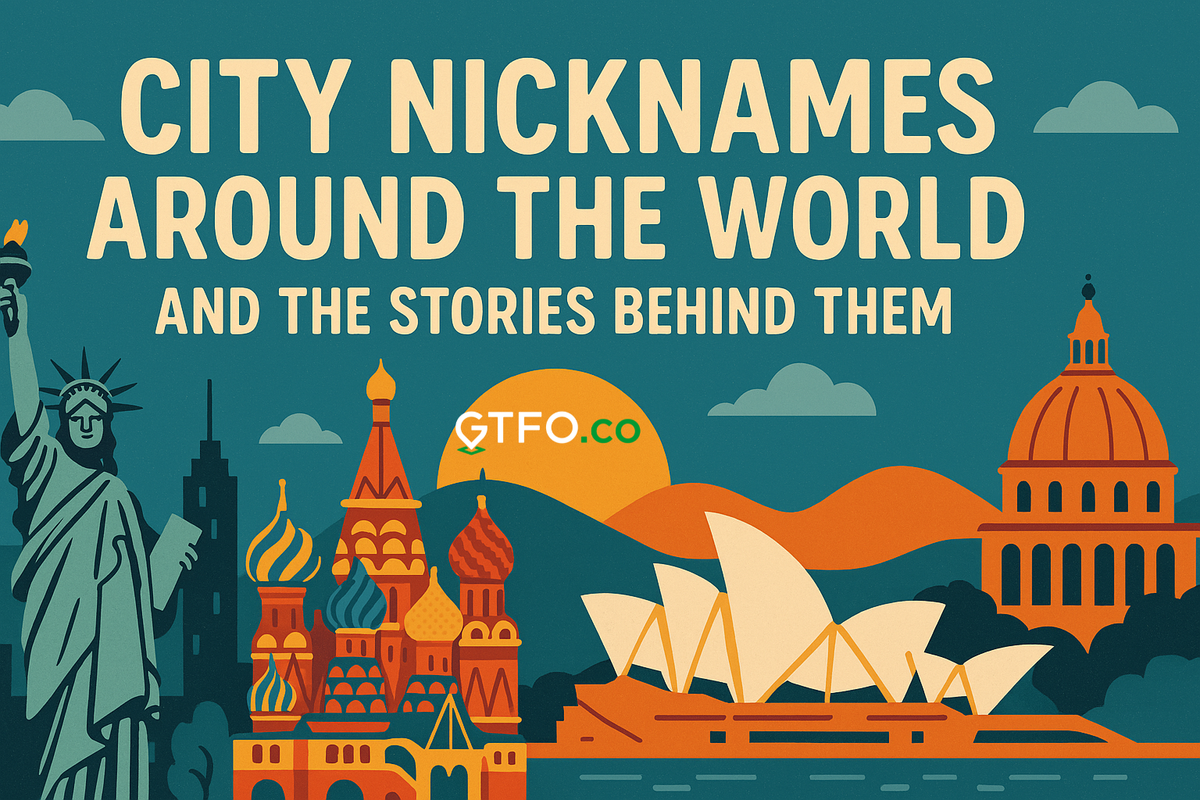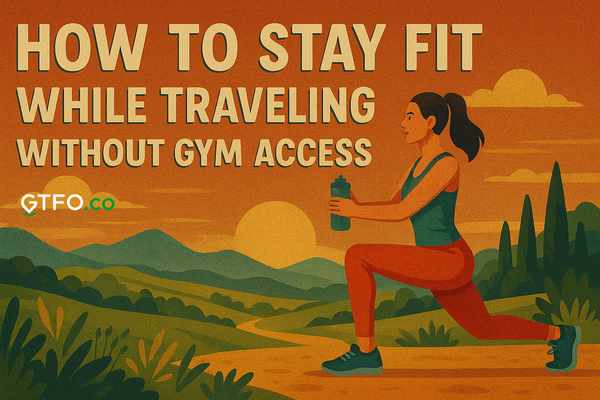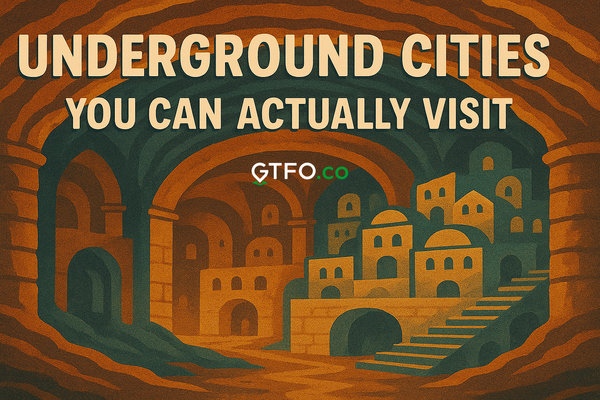City Nicknames Around the World And the Stories Behind Them

From “The Big Apple” to “The Eternal City,” city nicknames are more than just catchphrases: they reflect history, culture, pride, and sometimes sarcasm. Here’s a look at what some of the world’s most iconic city nicknames really mean, plus a few underrated ones you’ve probably never heard of.
Key Takeaways
- City nicknames are often shaped by history, reputation, or local culture. Some are official, some totally organic.
- A nickname can offer quick insight into a place’s attitude or identity, whether earned, ironic, or aspirational.
- This list includes famous nicknames that live up to the hype, and a few surprises that don’t show up in tourist brochures.
The Most Iconic City Nicknames (and Why They Stuck)

New York City – “The Big Apple”
Originally slang used by jazz musicians in the 1920s, sportswriter John J. Fitz Gerald popularized the term "The Big Apple" to refer to New York City's horse racing tracks. It then came to represent NYC as a city of big dreams, big risks, and bigger rewards.
Vibe: Fast, loud, all-in.

Paris – “The City of Light”
Not just for its illuminated streets. Paris was also a hub of Enlightenment thinking, literally and intellectually a “light” in Europe.
Vibe: Romantic, cerebral, proud.

Rome – “The Eternal City”
The ancient Romans believed their empire and capital would last forever. While the empire didn’t, the city’s influence has.
Vibe: Monumental and mythic.

Las Vegas – “Sin City”
This one wears its reputation proudly: gambling, neon, indulgence. Vegas embraced “sin” and built a brand on it.
Vibe: No regrets. Or maybe a few, but later.

London – “The Smoke”
A callback to the industrial era, when coal smoke blanketed the city. Locals still use it casually: “heading back to the Smoke.”
Vibe: Timeless, gritty, global.

Chicago – “The Windy City”
It’s not (just) about the weather. “Windy” originally referred to long-winded politicians and the city’s brash, loud boosters in the late 1800s.
Vibe: Tough, straight-talking, full of pride.

Los Angeles – “The City of Angels”
Direct translation of the Spanish name “Los Ángeles.” The full original name was much longer, but “Angels” stuck. Now it carries weight as both dream and illusion.
Vibe: Beautiful chaos. Hustle, hope, and Hollywood.

Tokyo – “The Eastern Capital”
Not exactly slang, but “Tokyo” literally means “eastern capital.” Renamed in 1868 when the emperor moved the capital from Kyoto.
Vibe: High-functioning contrast. Fast but precise, ancient but neon.
Underrated or Lesser-Known City Nicknames

Buenos Aires – “The Paris of South America”
With its grand boulevards, ornate buildings, and cultural flair, this nickname isn’t just travel blog fluff—it reflects Argentina’s historical connection to Europe.
Vibe: Elegant with a bit of drama.

Reykjavík – “Smoky Bay”
Named for the geothermal steam rising from nearby hot springs, not actual smoke. It fits the low-key, otherworldly vibe of Iceland’s capital.
Thinking about a cooler destination? Pack your layers and use our no-frills camping essentials for Iceland’s rugged side.

Barcelona – “Barna” (Not Barça!)
Locals call the city Barna. Barça refers specifically to FC Barcelona, the soccer team. Mix them up, and you’ll out yourself as a tourist fast.
Vibe: Creative, sun-drenched, fiercely local.

Istanbul – “The City on Seven Hills”
Like ancient Rome, Istanbul was founded across seven hills. Also known historically as Byzantium, Constantinople, and the City of the World’s Desire, not a bad track record.
Bonus: Istanbul is one of the closest living parallels to ancient civilizations still in motion. If sites like Göbekli Tepe (The oldest building in the world) blow your mind, Istanbul is the next stop.

Berlin – “Poor but Sexy”
Former mayor Klaus Wowereit coined this one in the early 2000s. It stuck, since Berlin’s gritty, rebellious charm is a draw for artists, misfits, and anyone allergic to polish.
Vibe: DIY cool, still affordable (for now), always moving.

Naples – “The City of the Sun”
Plenty of Mediterranean cities have sun, but Naples owns it, both in climate and personality. Loud, fiery, proud. And the birthplace of pizza, which says enough.
Vibe: Wild and delicious.
The Backstory Behind the Nicknames
City nicknames aren’t just branding—they reflect:
- Local pride
- Historical events
- Stereotypes (true or false)
- Architecture or geography
- A little bit of marketing spin
They give you a quick shortcut into how a place sees itself—or how others see it. And sometimes, the gap between those is where things get interesting.

Bottom Line
Whether it’s Rome’s “Eternal” ambition or Vegas proudly leaning into its sins, city nicknames carry stories. Some are centuries old, others popped up on social media last year. All of them help decode what a place is really about—beyond what’s in the brochure.
So next time you're planning a trip, pay attention to what the city calls itself—or what others call it. It might tell you everything you need to know.
Common Questions
Q: Are city nicknames official?
Some are adopted by tourism boards. Others started as street slang, media shorthand, or historical commentary. The best ones usually aren’t official.
Q: Can a city have more than one nickname?
Definitely. Big cities evolve, and nicknames evolve with them. Locals may have a favorite that’s totally different from what the guidebooks say.
Q: What’s the weirdest city nickname you’ve seen?
Plenty. Tulsa’s “Oil Capital of the World,” Albuquerque’s “The Duke City,” and Jakarta’s “The Big Durian” all deserve a mention.
Q: How do I use this info when planning a trip?
City nicknames are a vibe check. Combine them with destination guides like our summer bucket list or low-budget couples’ vacations to find spots that match your energy—and your wallet.
For more travel stories, smarter trip planning, and destination ideas that skip the fluff, explore more at GTFO.co.





